|
| Navigating through Toronto's hardwood flooring options might seem daunting, but armed with the right information, it becomes an exciting journey to finding the perfect flooring for your home. High-quality hardwood flooring is not just a purchase; it's a long-term investment in the beauty and comfort of your living space. Whether you opt for the classic charm of solid hardwood or the modern versatility of engineered flooring, the key is to focus on quality, sustainability, and a style that resonates with your personal taste and home's character. At Parqueteam Hardwood Flooring, we understand the importance of each step in this journey – from choosing the right wood to professional installation. We take pride in guiding our clients through this process, ensuring that they not only find the best hardwood flooring in Toronto but also enjoy the beauty and durability it brings to their homes for years to come. Remember, the best floors are the ones that you'll love walking on every day. |
FAQ Section: Your Hardwood Flooring Questions Answered
A: The highest quality hardwood flooring is often characterized by its durability, finish, and grain quality. Species like Canadian maple and oak are highly regarded for their longevity and aesthetic appeal.
Q: What is the best grade of hardwood flooring for my home?
A: The best grade often depends on your personal preference and the intended use of the space. Clear or select grades offer uniformity and fewer imperfections, ideal for formal areas. For a more natural look with character, consider lower grades with more knots and color variation.
Q: What is the best hard hardwood flooring for high-traffic areas?
A: For high-traffic areas, hardwoods like hickory or oak are excellent choices due to their hardness and durability. These species can better withstand wear and tear, maintaining their appearance over time.
Q: How much does hardwood flooring typically cost in Toronto?
A: The cost of hardwood flooring in Toronto varies based on the type of wood, installation complexity, and the area's size. On average, prices can range from moderate to high-end, depending on these factors. For a detailed cost analysis specific to Toronto, check out our breakdown on hardwood flooring costs.
Engineered Hardwood Flooring in Toronto: Trends, Costs, and Installation
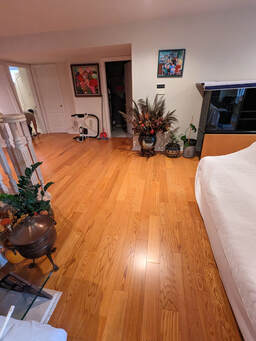
Understanding Engineered Hardwood Floors
| Engineered hardwood flooring is a marvel of modern flooring technology, combining the classic elegance of hardwood with enhanced durability and versatility. Unlike traditional solid hardwood, engineered hardwood consists of a top layer of real wood veneer supported by layers of plywood or fiberboard. This unique construction makes it less prone to warping and a perfect fit for Toronto’s diverse climate. It’s an ideal choice for those who adore the timeless appeal of hardwood but require the practicality of a more stable and versatile flooring option. Discover more about this innovative flooring solution in our comprehensive guide to engineered hardwood. |
Engineered Hardwood Flooring Trends in Toronto
| Toronto's design scene in 2024 is seeing a shift towards more personalized and eco-conscious choices in hardwood flooring. Engineered hardwood is leading this trend with its wide array of styles, finishes, and colors. One of the standout trends is the inclination towards wider planks that give a sense of openness and modernity to spaces, big or small. Another emerging trend is the preference for natural and organic finishes, which accentuate the wood’s inherent beauty and texture. These trends reflect a broader move towards sustainability and natural aesthetics in Toronto’s interior design landscape. For a deeper dive into the latest trends, explore our hardwood flooring trends article. |
The Cost Factor of Engineered Hardwood Floors in Toronto
| When considering engineered hardwood for your Toronto home, understanding the cost is crucial. The price can vary based on factors like the quality of the wood, the complexity of the installation process, and the specific requirements of your space. On average, engineered hardwood can be a cost-effective alternative to solid hardwood, offering a similar aesthetic at a more accessible price point. For those curious about the specific numbers, our detailed breakdown on hardwood flooring installation costs in Toronto offers a clear picture. Remember, investing in quality flooring not only enhances the value of your home but also ensures longevity and lasting beauty. |
Selecting The Right Engineered Hardwood Floors For Your Home
| Choosing the right engineered hardwood flooring involves more than just picking a color or style. It’s about finding the perfect match for your lifestyle and the character of your home. Consider factors like foot traffic, sunlight exposure, and the general use of each room. For high-traffic areas, opt for engineered hardwood with a thicker wear layer for added durability. When it comes to aesthetics, think about whether you want your floors to be a statement piece or to blend seamlessly with your existing decor. Our experts at Parqueteam can guide you through this selection process, ensuring that you find the best fit for your Toronto home. Learn more about making the right choice in our guide on choosing the best hardwood flooring. |
Installing Your New Floors: Lying The Foundations Right
| The installation of engineered hardwood flooring is a critical step that can impact its longevity and appearance. While some homeowners in Toronto opt for DIY installation, professional installation is recommended to ensure optimal results. This involves proper subfloor preparation, understanding moisture levels, and expertly laying each plank for a flawless finish. Better pay someone to do it right the first time, than overpaying someone to fix your mess! |
Maintenance and Care: Taking Care Of Your New Engineered Hardwood Floors
| Maintaining engineered hardwood flooring is simpler than you might think, and it's key to preserving its beauty over time. Regular sweeping and gentle mopping with a damp cloth are usually enough to keep the floors looking their best. Avoid using harsh chemicals or excessive water, which can damage the wood. For deeper cleans or to tackle tough stains, professional hardwood flooring sanding and refinishing services can restore your floors to their original glory. |
A Sustainable Choice
FAQ
A: The cost varies depending on factors like the quality, design, and installation complexities. For a detailed cost analysis tailored to Toronto's market, you can refer to our guide on hardwood flooring installation costs.
Q: What is the best hardwood flooring to put down in a Toronto home?
A: The "best" flooring depends on your personal needs and style preferences. Engineered hardwood is a versatile choice for its balance of durability and aesthetics.
Q: Are solid hardwood floors worth it compared to engineered hardwood?
A: Solid hardwood floors offer timeless beauty and can be a great investment. However, engineered hardwood provides similar aesthetics with added benefits like better moisture resistance and stability.
Q: What hardwood flooring is made in Canada, and is it a good option for Toronto homes?
A: Canada is known for its high-quality maple, oak, and birch hardwood flooring. These species are excellent choices for Toronto homes due to their durability and elegant appearance.
Q: What is considered the best wood floor in the world, and is it suitable for Toronto's climate?
A: The "best" wood floor can vary based on personal preferences and local climate. Exotic woods like Brazilian cherry or teak are often prized globally. However, for Toronto's climate, engineered hardwood options that resist humidity and temperature changes might be more suitable.
Hardwood Flooring Trends in Toronto for 2024
|
When it comes to home decor, few elements speak volumes like the understated elegance of hardwood flooring. In Toronto, a city that embraces both the warmth of tradition and the pulse of modernity, hardwood floors offer a canvas upon which homeowners paint their lives. At Parqueteam Hardwood Flooring, we've been transforming homes across the Greater Toronto Area with floors that echo the spirit of each household. As we edge closer to 2024, let's unfold the trends that are setting the stage for a new era of interior sophistication.
|
The Pulse of Toronto's Hardwood Flooring Trends
Another trend that's gaining ground is the integration of organic textures. The raw, natural beauty of the grain is being celebrated more than ever, with finishes that highlight rather than hide the wood's innate patterns. This move towards nature-centric design aligns with the city's love for green spaces and sustainability, reflecting the outdoors within the urban home.
The Timeless Appeal of Classic Hues
|
When it comes to color, the timeless hues of hardwood flooring continue to charm Toronto homeowners. The classic brown and honey tones are as popular as ever, offering a warm foundation that complements a wide range of decor schemes. These colors are the chameleons of the flooring world—equally at home in a sleek, modern condo as in a stately Victorian house.
Yet, as we look to the future, we're also seeing a subtle shift towards cooler tones. Greys and lighter, ashy colors are making their way into the Toronto market, bringing with them a fresh and contemporary vibe. These hues reflect the city's urban edge and its forward-thinking design sensibilities. Whether it's the rich patina of aged walnut or the soft wash of bleached oak, the color of hardwood flooring in Toronto is speaking in nuanced tones that promise to remain in vogue for years to come. This is just the beginning of our journey into the flooring trends of tomorrow. Stay tuned for more insights, and in the meantime, explore Parqueteam Hardwood Flooring's portfolio to see how we're paving the way for 2024's trends with today's installations. |
Today's Top Choices in Hardwood Flooring
In the realm of contemporary homes, however, another star is rising—engineered hardwood. This innovative option is capturing hearts with its stability and suitability for Toronto's varying climates. It stands up to the challenge of high-moisture areas, making it an excellent choice for installations across the home, from bustling kitchens to tranquil bedrooms.
2024's Forecast: Colors, Patterns, and Finishes
|
As we look ahead, 2024 is set to welcome an evolution in hardwood flooring colors, patterns, and finishes that mirror the city's dynamic spirit. The color palette is broadening, with whispers of charcoal and hints of off-white anticipated to trend alongside the classic browns. These contemporary tones offer a minimalist backdrop for a sleek, modern interior design.
Patterns in hardwood flooring are becoming a canvas for personal expression. The resurgence of parquet patterns, such as the intricate herringbone or the stately chevron, adds a layer of sophistication and visual interest to any room. These patterns are a nod to the past, reimagined for the future, and they're perfect for those looking to infuse their spaces with a touch of artistic flair. Finishes in 2024 are expected to range from ultra-matte to satin sheen, moving away from the high gloss of yesteryears. These finishes not only enhance the wood's natural beauty but also offer practical benefits, such as hiding scratches and scuffs, making them ideal for busy Toronto households. |
Engineered Hardwood Flooring: The Toronto Favorite
Engineered hardwood flooring is a testament to the innovation that Torontonians adore. It's an ideal choice for those seeking a sustainable option that doesn't sacrifice the opulence of traditional hardwood. Its ease of installation and variety of available finishes make it a go-to for both new builds and renovations. Not to mention, its compatibility with underfloor heating systems is a cozy addition for those cold Canadian winters.
In the heart of Toronto, where tradition meets transition, engineered hardwood flooring is laying the groundwork for a revolution in home design. It's not just a trend; it's the future of flooring in a city that's always on the move.
Practicality Meets Elegance
|
Toronto's homeowners are not just design enthusiasts but also pragmatists at heart. They seek flooring that withstands the test of time and the rigors of daily life. This pragmatism is steering the 2024 hardwood flooring trends towards options that offer both resilience and easy maintenance without sacrificing aesthetic appeal. The city's flooring preferences are leaning towards wider, longer planks with a strong finish, as they lend an uninterrupted, expansive feel to rooms and require less upkeep than their narrower counterparts.
Moreover, the practicality extends to the installation methods themselves. The shift towards glue-down engineered hardwood flooring reflects a desire for secure and stable floors that handle foot traffic and furniture with grace. This method has found a particular niche in commercial spaces and rental properties within the GTA, where longevity and durability are paramount. |
Sustainability: A Growing Trend
Parqueteam Hardwood Flooring is at the forefront of this green movement, offering a selection of responsibly sourced and renewable materials. From bamboo to reclaimed hardwood, these green choices are as durable as they are beautiful. They not only create a warm, inviting space but also contribute to a healthier planet. The trend is clear: Toronto's residents are choosing to walk on floors that help pave the way to a greener future.
Parqueteam Hardwood Flooring stands ready to guide you through these trends with expertise and care, ensuring that your home's foundation is as robust and stylish as the city itself. Whether you're renovating a cherished space or crafting a new one, we invite you to explore our services and join us at the forefront of flooring innovation.
References and Further Reading
- The Ultimate Guide to Hardwood Flooring in Toronto
- Decoding Timeless Colours in Hardwood Flooring
- Engineered vs. Solid Hardwood in Toronto
- Choosing the Best Hardwood Flooring for Your Toronto Home
- Discover the Benefits of Engineered Hardwood Flooring in Toronto
Embrace the future of flooring with the elegance of the past and the innovation of tomorrow. Let's step into 2024 with confidence and style, one plank at a time, with Parqueteam Hardwood Flooring.
FAQ Section
A: Consider your home's architecture, your personal style, and how the space is used. Look for trends that resonate with your aesthetic while offering practical benefits like durability and easy maintenance. Our experts at Parqueteam Hardwood Flooring can guide you through the selection process.
Q: Can hardwood flooring increase my home's value?
A: Absolutely. Hardwood flooring is a coveted feature for many homebuyers. It's known for its durability, ease of maintenance, and timeless appeal. Investing in quality hardwood flooring can significantly boost the value of your property.
Q: Is engineered hardwood flooring durable?
A: Yes, engineered hardwood is designed for longevity. It's constructed with a solid wood top layer supported by additional layers for stability, making it resistant to warping and moisture—ideal for Toronto's climate.
Q: Are there eco-friendly hardwood flooring options available in Toronto?
A: Parqueteam Hardwood Flooring offers a range of eco-friendly options. From sustainably sourced hardwoods to reclaimed wood and bamboo, there are numerous choices for those looking to make an environmentally conscious decision for their flooring.
Q: How do I maintain my hardwood floors to keep them looking new?
A: Regular sweeping or vacuuming to remove dirt and grit, immediate cleaning of spills, and periodic professional hardwood floor cleaning will keep your floors in top condition. Avoid using harsh chemicals and excessive water, which can damage the wood.
Q: Can I install hardwood flooring over radiant heating?
A: Engineered hardwood flooring is often compatible with radiant heating systems due to its dimensional stability. It's important to consult with our specialists to ensure you choose the right product for your underfloor heating setup.
Q: What is the trend in hardwood flooring in 2024?
A: The trend for 2024 is steering towards the natural beauty of hardwood with a practical edge. We're seeing a rise in preferences for wide plank and engineered hardwoods, as well as eco-friendly materials that cater to both aesthetic desires and functional needs of modern living.
Q: What is a timeless color for hardwood floors? A: Timeless colors for hardwood floors are all about the enduring appeal of natural wood tones. The spectrum ranges from the deep, sophisticated walnut to the bright and welcoming blonde oak. These hues have stood the test of time and continue to be favored in Toronto homes for their versatility and lasting appeal.
Q: What is the most popular hardwood flooring today? A: Engineered hardwood currently wears the popularity crown due to its exceptional versatility and adaptability. It's well-suited for Toronto's diverse climate and a variety of interior designs, making it a top choice for homeowners looking for both style and substance in their flooring.
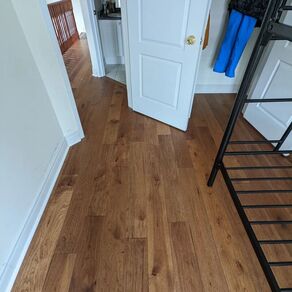
The Allure of Hardwood Flooring
| There's something undeniably captivating about hardwood floors. Whether it's the rich, natural tones or the intricate grain patterns, hardwood flooring has a way of making a room feel both luxurious and inviting. Here are some reasons why homeowners often gravitate towards this classic choice:
|
Common Disadvantages of Hardwood Flooring and How to Overcome Them
The Issue: Hardwood floors are prone to scratches and dents, especially in high-traffic areas or homes with pets.
The Solution: Opt for hardwoods with a high Janka hardness rating like Hickory or Maple. Additionally, you can apply a durable finish for added protection. Regularly sweeping and using furniture pads can also minimize damage.
2. Sensitive to Moisture
The Issue: Hardwood floors can warp or swell when exposed to moisture, making them less suitable for bathrooms or basements.
The Solution: Consider engineered hardwood flooring, which offers better moisture resistance. Also, maintaining a stable indoor humidity level can prevent warping.
3. High Cost
The Issue: Quality hardwood flooring can be expensive, both in terms of material and installation.
The Solution: Look for promotions or discounts from reputable suppliers. Alternatively, you can opt for less expensive types of hardwood like Oak or Ash without compromising too much on quality.
4. Fading Over Time
The Issue: Prolonged exposure to sunlight can cause hardwood floors to fade over time.
The Solution: Use window treatments like blinds or curtains to limit sun exposure. You can also refinish the floors every few years to restore their original luster.
5. Maintenance
The Issue: Hardwood floors require regular maintenance like sweeping, mopping, and occasional refinishing.
The Solution: Incorporate a low-maintenance finish and establish a regular cleaning routine. For deeper cleans, consider professional hardwood flooring sanding and refinishing.
6. Limited Style Options
The Issue: Unlike tiles or carpets, hardwood floors offer limited patterns and designs.
The Solution: Hardwood floors can be customized with inlays, mixed plank sizes, or different installation patterns like herringbone. For more design inspiration, check out our portfolio.
| While hardwood flooring comes with its own set of challenges, the benefits far outweigh the disadvantages. With the right knowledge and a little effort, you can easily overcome these drawbacks to enjoy the timeless beauty and durability that only hardwood floors can offer. Ready to make an informed decision about your flooring? Contact us at Parqueteam Hardwood Flooring for a consultation. Our experts can guide you through the selection process and help you find the perfect flooring solution for your home. |
Frequently Asked Questions About Hardwood Flooring Disadvantages
- Is hardwood flooring worth the investment?
- Absolutely, especially when you consider its durability and the value it adds to your home. Check out our blog post on which hardwood is best for flooring in Toronto for more insights.
- How do I maintain my hardwood floors?
- Regular sweeping and occasional mopping with a damp cloth are generally sufficient. For more detailed information, read our comprehensive guide on hardwood flooring maintenance.
- What are the alternatives to hardwood flooring?
- Laminate and luxury vinyl plank flooring are popular alternatives. Learn the pros and cons in our blog post comparing hardwood and laminate flooring.
- Can hardwood floors be installed in basements or bathrooms?
- While not ideal due to moisture concerns, engineered hardwood can be a viable option for such areas. Read our post on engineered vs. solid hardwood for more details.
- How much does it cost to install hardwood floors?
- Costs can vary based on the type of wood, installation method, and additional services like removal of old flooring. For a detailed breakdown, visit our hardwood flooring installation page.
How Much Does It Cost to Install Hardwood Floors in Toronto?
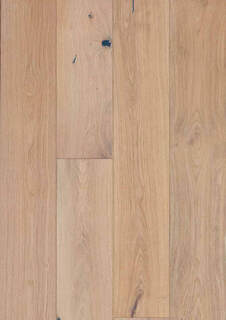
Factors Affecting the Cost
- Material Costs: The type of hardwood you choose can significantly impact the overall cost. From solid hardwood to engineered hardwood, the options are plentiful but come with varying price tags. Exotic woods like Brazilian Cherry can be more expensive than your standard Oak or Maple.
- Labour Costs: The complexity of the installation process can also affect labor costs. For instance, installing hardwood on an angle, or any special pattern would be much harder than installing it in a straight regular install, and this can lead to increase in labor costs.
- Subfloor Preparation: Don't underestimate the cost of preparing your subfloor. Whether it's concrete or plywood, the subfloor needs to be clean, dry, and level for the hardwood to be installed correctly. Sometimes, this might involve additional costs for materials and labor.
- Additional Costs: Finishes like moldings/baseboards, transitions and underlayments, or special adhesives, are several additional costs that can sneak up on you. It's essential to factor these into your budget to avoid any unpleasant surprises.
|
Cost Breakdown by Type of Hardwood
- Solid Hardwood Flooring: is often considered the gold standard in flooring, offering durability and a timeless look. However, it's also on the higher end of the cost spectrum. For more details on solid hardwood options, you can read our solid hardwood flooring page.
- Engineered Hardwood Flooring: Offers a more budget-friendly alternative without sacrificing too much in terms of aesthetics and durability. The cost can vary based on the quality of the top veneer. For an in-depth look at engineered hardwood, check out our engineered hardwood flooring page.
Cost Comparison: DIY vs. Professional Installation
On the other hand, Hiring professionals may seem more expensive initially, but their expertise can save you from costly mistakes in the long run. Plus, the job will likely be completed much faster.
|
FAQ
The average cost can range from $6 to $12 per square foot, depending on the type of hardwood and other factors.
2. Is it cheaper to install hardwood flooring myself?
While DIY can save on labor costs, it's essential to consider the complexity of the job and the tools required. For more on DIY vs. professional installation, read here.
3. What are some hidden costs I should be aware of?
Additional costs can include the removal of old flooring and moving furniture. Always ask for a detailed quote to avoid surprises.
4. Does the type of hardwood significantly affect the cost?
Yes, exotic woods and high-end options will be more expensive than standard choices. For a breakdown by type, visit this page.
5. How can I get the most value for my money when installing hardwood floors?
To maximize your investment, consider the long-term benefits of the type of hardwood you choose, as well as the potential resale value it could add to your home. Always get multiple quotes and ask for detailed breakdowns to make an informed decision.
Is Hardwood Flooring Really Better Than Laminate Flooring? Unveiling the Facts
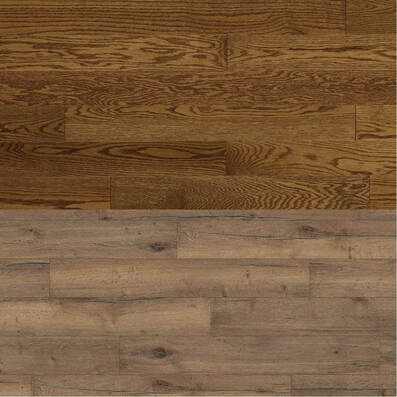 hardwood flooring and laminate flooring samples side by side
hardwood flooring and laminate flooring samples side by side Contact us if you're looking for personalized advice on flooring options.
The Basics: Hardwood vs. Laminate
Hardwood is a natural material made from a single piece of wood, often sourced from trees like oak, maple, or cherry. It's renowned for its durability and can be refinished multiple times to extend its lifespan.
Laminate Flooring
Laminate, on the other hand, is a synthetic material made from multiple layers. While it mimics the appearance of wood, it doesn't offer the same level of durability. However, it is often more affordable and easier to install.
Durability and Longevity
| When investing in new flooring, durability is often a top concern. Hardwood Floors: Built to Last Hardwood floors are known for their long-lasting nature. With proper care, they can last for decades and are less susceptible to wear and tear. Learn more about how to extend the lifespan of your hardwood floors. Laminate Floors: A Practical Choice Laminate floors may not last as long as hardwood, but they are generally easier to maintain. If you're looking for a short-term flooring solution, laminate might be the way to go. |
Aesthetic Appeal
| The visual impact of your flooring can significantly influence the overall ambiance of your home. Both hardwood and laminate offer a range of styles, but they differ in key ways that can affect your home's aesthetic appeal. Hardwood Flooring: Natural Elegance Hardwood flooring is renowned for its natural beauty, offering a range of colors, grains, and finishes. Its timeless appeal can even enhance the resale value of your home. Laminate Flooring: Design Versatility Laminate flooring has evolved to offer a wide variety of designs that mimic the look of wood. While it may not have the authentic feel of hardwood, it offers versatility in design that can suit various home styles. |
Cost Comparison
| Budget is often a decisive factor when choosing flooring. Here's how hardwood and laminate stack up in terms of cost. Hardwood Flooring: A Long-Term Investment For Your Toronto Home While hardwood flooring comes with a higher initial cost, it can be a wise long-term investment due to its durability and potential to increase your home's value. Laminate Floors: Budget-Friendly Yet Stylish Laminate is generally more affordable, both in terms of material and installation. If you're on a budget but still want a stylish look, laminate flooring can be an excellent choice. |
Maintenance and Care
Hardwood Floors: Regular Upkeep for Longevity
Hardwood floors require consistent care, including periodic sanding and refinishing. However, the effort is often worth it, as proper maintenance can extend the life of your hardwood floors.
Laminate Flooring: Easy and Effortless
Laminate flooring is generally easier to maintain, requiring just regular sweeping and occasional mopping. If you're looking for a low-maintenance option, laminate could be your go-to choice.
Environmental Impact
Hardwood Flooring: Renewable but Resource-Intensive
Hardwood is a natural, renewable material but requires significant resources for processing. If sustainability is a priority, consider engineered hardwood as a more eco-friendly option.
Laminate Flooring: Lower Impact, Less Sustainability
Laminate flooring is less resource-intensive to produce but is not biodegradable. If you're concerned about environmental impact, it's important to weigh these factors when choosing between hardwood and laminate.
FAQ
Yes, hardwood flooring is generally more expensive both in terms of material and installation. However, it can be a wise long-term investment.
Can Laminate Flooring Look Like Real Wood?
Modern laminate flooring has improved significantly and can closely mimic the look of real wood.
Which Is Easier to Maintain: Hardwood or Laminate?
Laminate is generally easier to maintain and is a good option if you're looking for a low-maintenance flooring solution.
Is Hardwood Flooring Eco-Friendly?
Hardwood is a natural, renewable resource, but it can be resource-intensive to produce. Engineered hardwood is often considered a more eco-friendly option.
Can I Refinish Hardwood Floors?
Yes, one of the advantages of hardwood flooring is that it can be sanded and refinished multiple times, extending its lifespan.
Which Hardwood is Best for Flooring in Toronto? A Complete Guide
Why Hardwood Flooring Is Popular In Toronto?
| In a city that experiences the full spectrum of weather, from icy winters to humid summers, you might wonder why hardwood flooring is such a popular choice in Toronto. The answer lies in a blend of tradition, aesthetics, and long-term investment. Tradition and Culture: Hardwood flooring has been a staple in Toronto homes for generations. Its timeless appeal transcends fleeting design trends, making it a go-to choice for homeowners seeking both style and longevity. Aesthetics: The natural beauty of hardwood adds a layer of sophistication and warmth to any space. Its versatility allows it to complement a wide range of interior design styles, from modern minimalism to classic elegance. Long-Term Investment: While the initial cost may be higher than other flooring options, hardwood offers an excellent return on investment. Its durability means less frequent replacements, and its classic look can actually increase your home's resale value. Discover why hardwood is more than just a flooring option; it's a wise investment for your Toronto home. |
Types of Hardwood Used in Flooring
| When it comes to hardwood flooring, one size doesn't fit all—especially not in a city as diverse as Toronto. From the bustling downtown condos to the sprawling suburban homes, each space demands a unique type of hardwood. Let's delve into the most popular options: oak, maple, and cherry. Oak: The Timeless Classic Oak has long been a favorite for its durability and distinct grain patterns. It's an excellent choice for high-traffic areas and offers a wide range of stain options. Maple: The Modern Marvel Maple offers a cleaner, more consistent grain than oak, making it a popular choice for modern interiors. However, it's slightly softer than oak, so consider this if you have pets or heavy furniture. Cherry: The Luxurious Choice Cherry wood is known for its rich, deep color that darkens beautifully with age. While it's softer than both oak and maple, its luxurious look makes it a popular choice for formal spaces. Learn how to choose the right type of hardwood that aligns with your lifestyle and aesthetic preferences. |
Climate Considerations for Hardwood Flooring in Toronto
| Toronto's climate is as diverse as its population, and it plays a significant role in the type of hardwood flooring you should choose. From humid summers to icy winters, let's explore how the climate impacts your hardwood flooring options. Seasonal Expansion and Contraction Wood naturally expands in humid conditions and contracts in dry ones. Understanding this can help you choose a hardwood type that minimizes these effects, ensuring your floor's longevity. Moisture Resistance Some hardwoods are more resistant to moisture than others. If your home is prone to dampness, consider options like engineered hardwood that offer better moisture resistance. Temperature Fluctuations Toronto experiences a wide range of temperatures. Some hardwoods, like oak, are better suited to handle these fluctuations without showing signs of wear and tear. Find out how to protect your hardwood floors from Toronto's ever-changing climate. |
Cost Implications: What to Expect
| Choosing hardwood flooring is an investment, and like any investment, it's crucial to understand the costs involved. From the type of wood to installation and maintenance, several factors can influence the final price tag. Initial Costs The type of hardwood you choose will significantly impact the initial cost. Exotic woods like cherry can be more expensive, while local options like oak and maple are generally more budget-friendly. Installation Costs Installation costs can vary based on the complexity of the project. For instance, installing hardwood in an angle versus typical straight install can have a decent price difference, as angle installations are more expensive than straight installations. Maintenance and Longevity While hardwood floors may require an initial investment, their durability can make them cost-effective in the long run. Regular maintenance like sanding and refinishing can extend your floor's lifespan, offering excellent value for money. Check out our portfolio for some real-world cost examples and tips on budgeting. |
How to Choose the Best Hardwood for Your Home
| Selecting the perfect hardwood flooring isn't just about aesthetics; it's about aligning your choice with your lifestyle, the function of the room, and even your pets. Here's how to make an informed decision: Lifestyle Considerations Do you have young children or pets? Some hardwoods are more scratch-resistant and easier to clean, making them more suitable for active households. Room Function The function of the room can dictate your hardwood choice. For instance, moisture-resistant options are better for kitchens and bathrooms, while a luxurious cherry might be perfect for a formal living room. Aesthetic Preferences Your personal style plays a significant role in your choice. Whether you prefer the rustic charm of oak or the modern elegance of maple, there's a hardwood option that will complement your interior design. Our ultimate guide can help you make an informed decision based on various factors. |

Ready to make your choice? Contact us today for a personalized consultation and quote.
FAQQ: Is hardwood flooring suitable for Toronto's climate? A: Yes, hardwood flooring is a popular choice in Toronto due to its durability and ability to withstand the city's diverse climate conditions. However, it's essential to choose the right type of wood and take preventive measures like regular maintenance. Q: What are the most popular types of hardwood in Toronto? A: Oak, maple, and cherry are among the most popular choices due to their durability, aesthetic appeal, and versatility. Q: How much does hardwood flooring cost in Toronto? A: The cost can vary widely depending on the type of wood, the area to be covered, and installation charges. It's best to get a personalized quote for the most accurate estimate. Q: Can I install hardwood flooring myself? A: While it's possible to install hardwood flooring yourself, it's recommended to hire professionals for a flawless finish and to ensure the longevity of your investment. Q: How do I maintain my hardwood floors? A: Regular cleaning, occasional sanding and refinishing, and using protective pads under furniture are some of the ways to maintain your hardwood floors. |
Engineered Hardwood Flooring in Toronto: Costs, Benefits, and Common Questions Answered
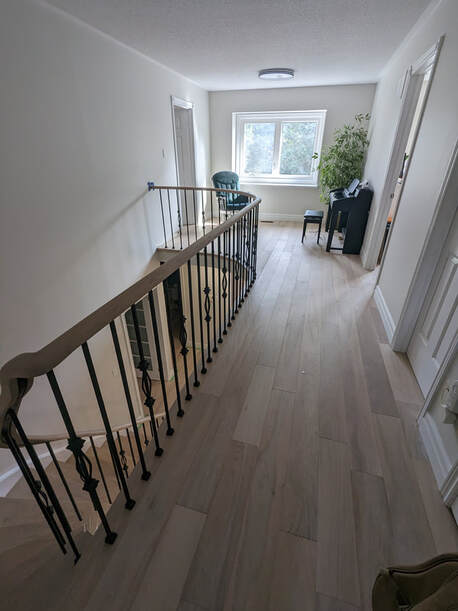 Elegant engineered hardwood flooring by Parqueteam Hardwood Flooring in a Toronto home.
Elegant engineered hardwood flooring by Parqueteam Hardwood Flooring in a Toronto home. Understanding The Costs of Installing Engineered Hardwood Floors
- Quality of the Material: Not all engineered hardwood is created equal. The thickness of the top veneer, the number of layers, and the quality of the core materials can all impact the price.
- Installation Complexity: Unlike with solid hardwood flooring, engineered hardwood floors have different ways of installation, and has cheaper and more expensive options for installation compared to solid hardwood floors, depends on type of flooring, subfloors, and manufacturing requirments. Some of the more common once are: Floating install (cheapest), Nail and glue assist (middle price) and full direct or double glue down (most expensive install)
- Brand & Origin: Premium brands or imported materials might come at a higher price point, but they often offer better warranties and longevity.
- Maintenance & Longevity: While the initial investment might be higher for high-quality engineered hardwood, the long-term maintenance costs can be lower due to its durability and resistance to wear and tear.
Benefits of Engineered Hardwood Floors
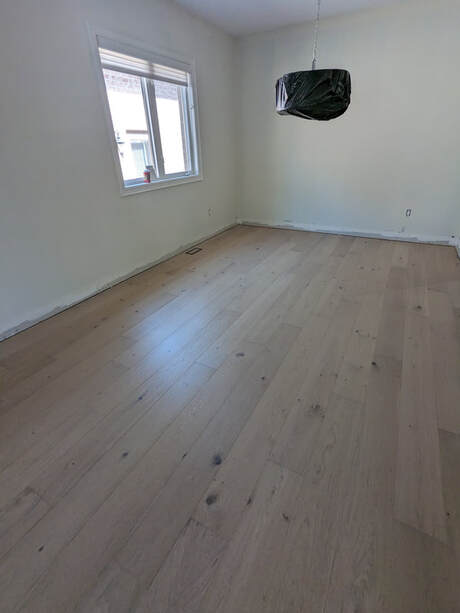 Detailed texture of engineered hardwood by Parqueteam Hardwood Flooring
Detailed texture of engineered hardwood by Parqueteam Hardwood Flooring - Durability: Engineered hardwood is designed to resist warping and buckling, making it especially suitable for areas with varying humidity levels, like Toronto.
- Versatility: Its unique construction allows it to be installed over a variety of subfloors, including concrete and radiant heating systems.
- Aesthetic Appeal: With a wide range of finishes, styles, and wood species available, engineered hardwood can complement any interior design, from contemporary to classic.
- Eco-Friendly: Many engineered hardwood options use sustainably sourced wood and less of the desired species compared to solid hardwood, making it a more environmentally friendly choice.
- Value Addition: Homes with engineered hardwood often fetch a higher resale value, thanks to the flooring's longevity and timeless appeal.
Engineered Hardwood Floors vs. Solid Hardwood Floors
- Construction: While solid hardwood is made from a single piece of wood, engineered hardwood consists of a top veneer layer backed by multiple layers of plywood or other wood-based materials.
- Moisture Resistance: Engineered hardwood's multi-layered construction gives it an edge in resisting moisture and temperature changes, making it less prone to warping.
- Installation Flexibility: Engineered hardwood can be installed in basements and over concrete subfloors, where solid hardwood might not be recommended.
- Refinishing: Solid hardwood can be sanded and refinished multiple times, given its thickness. Engineered hardwood can also be refinished, but the number of times depends on the thickness of the top veneer layer.
- Cost: Engineered hardwood often comes at a more affordable price point than solid hardwood, especially when considering exotic wood species.
Engineered Hardwood Flooring Installation Process
- Preparation: Before the actual installation, the subfloor is prepared to ensure it's clean, level, and dry. This step is crucial to prevent any future issues like warping or squeaking.
- Method: Engineered hardwood can be installed using various methods, including floating, gluing, or nailing. The "nail and glue assist" method, as showcased in your YouTube short, offers added stability, especially for wider planks.
- Acclimatization: It's essential to let the engineered hardwood acclimate to the room's humidity and temperature for a few days before installation. This step helps in reducing post-installation expansion or contraction.
- Finishing: Once installed, the floor might require a protective finish, depending on the product chosen. This finish enhances the floor's durability and gives it a polished look.
Maintenance and Durability
- Regular Cleaning: Use a soft broom or vacuum to remove dirt and debris. Avoid using wet mops or steam cleaners as excessive moisture can damage the wood.
- Immediate Spill Cleanup: Any liquid spills should be cleaned up immediately to prevent staining or water damage.
- Protection: Use protective pads under furniture legs to prevent scratching. Consider using area rugs in high-traffic areas to reduce wear.
- Refinishing: Over time, the top layer of the engineered hardwood might show signs of wear. Depending on the thickness of the veneer, the floor can be sanded and refinished to restore its original beauty.
- Avoid Direct Sunlight: Prolonged exposure to direct sunlight can cause discoloration. Use curtains or blinds to protect your floor from UV rays.
FAQ
- How much does it cost to install engineered hardwood?
The cost varies based on material quality, installation complexity, and square footage. - What are the disadvantages of engineered wood flooring?
While engineered hardwood offers many benefits, potential disadvantages include limited refinishing options (depending on veneer thickness) and sensitivity to prolonged moisture exposure. - Is engineered wood as good as hardwood floors?
Engineered hardwood combines the beauty of real wood with added stability from its multi-layered construction. Learn more about the comparison in our article on Engineered vs. Solid Hardwood. - Do engineered wood floors scratch easily?
While they are durable, they can be prone to scratches, much like solid hardwood. Proper care and protective measures can help maintain their appearance. - Which is better: engineered hardwood or laminate?
Both have their merits. Engineered hardwood offers a natural wood look and feel, while laminate is often more resistant to wear. Visit our Laminate Flooring Guide for more information about laminate floors. - How long will an engineered wood floor last?
With proper care, it can last decades. The lifespan also depends on factors like veneer thickness and core quality. - What is the best rated engineered wood flooring?
The best rating often depends on individual preferences, room usage, and budget. Our Portfolio showcases some top choices among Toronto homeowners. - Does engineered hardwood need underlayment?
Yes, an underlayment can provide moisture protection, sound insulation, and added comfort. More details can be found in our Installation Guide. - Is it better to glue or float an engineered wood floor?
The ideal method often depends on the product and subfloor. Both methods have their advantages, as discussed in our Comprehensive Guide. - Is engineered flooring more durable than hardwood?
Is Herringbone Hardwood Flooring Worth It?
The Timeless Charm of Herringbone Hardwood Flooring
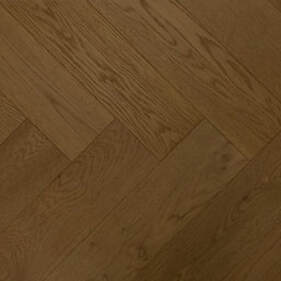 Hardwood Flooring Herringbone $9.99/square feet
Hardwood Flooring Herringbone $9.99/square feet What sets herringbone apart from other flooring designs is its unique pattern. Each plank is laid in a manner that creates a broken zigzag, resembling the skeleton of a herring fish, from which it derives its name. This intricate design adds depth and dimension to spaces, making rooms come alive with character.
Advantages of Herringbone Hardwood Flooring
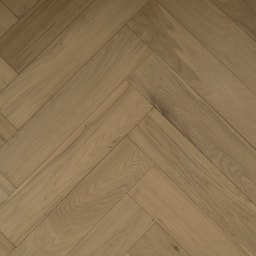 Hardwood Flooring Herringbone $9.99/square feet
Hardwood Flooring Herringbone $9.99/square feet - Aesthetic Appeal: One of the primary reasons homeowners opt for herringbone is its unparalleled visual impact. The pattern, with its repeating geometric design, adds a touch of elegance and sophistication to any room. Whether you're aiming for a classic or contemporary look, herringbone seamlessly fits the bill.
- Added Property Value: A well-installed herringbone hardwood floor can significantly boost the value of a property. Potential buyers often view such unique flooring as a premium feature, making homes stand out in the real estate market.
- Spatial Dynamics: A common misconception is that intricate patterns like herringbone can make a room feel cramped. However, the opposite is true. The repeating pattern of herringbone can elongate spaces, giving the illusion of a larger room. Especially in open floor plans, herringbone can act as a visual treat, guiding the eye and adding depth to the space.
Common Concerns and Misconceptions
- Waste Concerns: One of the questions often raised is whether there's more waste with herringbone flooring. While it's true that the unique pattern might require more cuts, leading to some waste, the end result often justifies the means. Proper planning and a skilled installer can minimize this waste.
- Overwhelming Design?: Some homeowners worry that the herringbone pattern might be too "busy" for their space. However, the design's versatility allows it to complement both minimalistic and ornate interiors. The key lies in balancing the room's other elements with the floor's design.
- Trendy vs. Timeless: Is herringbone just a passing trend? History suggests otherwise. Its enduring appeal, from ancient Roman roads to modern luxury homes, indicates that herringbone is more timeless than trendy.
Quality Indicators for Herringbone Hardwood Flooring
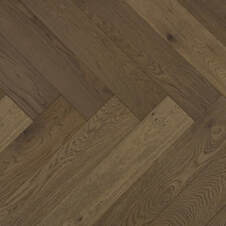 Hardwood Flooring Herringbone $9.99/square feet
Hardwood Flooring Herringbone $9.99/square feet - Thickness: A good quality engineered herringbone floor will have a substantial wear layer. This not only ensures durability but also allows for refinishing in the future.
- Core Construction: The core plays a pivotal role in the floor's stability. Plywood cores are often preferred for their resilience and resistance to moisture.
- Finish: A high-quality finish not only enhances the wood's natural beauty but also offers protection against everyday wear and tear. Look for finishes that are resistant to scratches and UV rays.
- Reputation: Always choose a reputable supplier, like Parqueteam Hardwood Flooring, known for their commitment to quality and craftsmanship.
Herringbone vs. Other Flooring Patterns
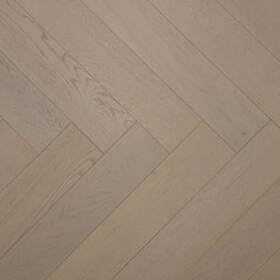 Hardwood Flooring Herringbone $9.99/square feet
Hardwood Flooring Herringbone $9.99/square feet - Chevron: Often confused with herringbone, chevron is another V-shaped pattern. However, while herringbone planks are rectangular, chevron planks are cut at an angle to create a true point.
- Straight Lay: The most common hardwood flooring pattern, where boards are laid side by side in parallel. While simpler, it doesn't offer the same visual depth as herringbone.
- Basket Weave: A pattern where boards are laid horizontally and vertically, creating a woven effect. It's less common than herringbone and offers a different kind of aesthetic appeal.
The Formality of Herringbone
- Classic Elegance: The pattern itself has been associated with luxury and opulence, especially when used with high-quality materials. It's not uncommon to find herringbone patterns in upscale homes, hotels, and historic buildings.
- Versatility in Modern Design: While traditionally formal, herringbone can also fit seamlessly into contemporary and casual settings. The choice of wood, color, and size can influence its overall vibe. For instance, a wider plank in a lighter shade might lend a more relaxed feel.
- Complementary Patterns: Wondering what patterns go well with herringbone? Consider pairing it with simple wall designs or furniture. The contrast can create a harmonious balance in the room.
Addressing Common Concerns
- Is Herringbone Old Fashioned?: Far from it! While the pattern has historical roots, its resurgence in modern interior design speaks to its timeless appeal. With the right decor, herringbone can be both vintage and avant-garde.
- Room Size and Perception: A frequent question is whether herringbone makes a room look bigger or smaller. The diagonal lines can elongate a space, potentially making rooms feel more expansive. However, the effect can vary based on plank size and room dimensions.
Conclusion: Is Herringbone Hardwood Flooring Worth It?
For those in Toronto considering a flooring upgrade, Parqueteam Hardwood Flooring offers a range of options, including the ever-popular herringbone pattern. Whether you're leaning towards solid hardwood flooring or engineered hardwood flooring, the experts at Parqueteam can guide you through the process, ensuring a result that aligns with your vision.
FAQ
2. Is herringbone flooring more expensive than traditional patterns? Due to its intricate pattern and the precision required for installation, herringbone flooring can be more costly than standard plank layouts.
3. Does herringbone flooring add value to my home? Herringbone flooring, with its timeless appeal and luxurious look, can potentially increase the value of a home and make it more attractive to potential buyers.
4. How do I maintain my herringbone hardwood floor? Maintenance for herringbone is similar to other hardwood floors. Regular sweeping, occasional mopping with a damp cloth, and avoiding excessive moisture will keep it looking pristine.
5. Can I install herringbone flooring in any room? Yes, herringbone flooring can be installed in any room, from living areas to bedrooms. However, for areas with high moisture, like bathrooms, it's essential to choose a suitable finish and ensure proper installation.
6. Is herringbone pattern trendy or timeless? While the herringbone pattern has become increasingly popular in recent years, its historical roots make it a timeless choice that never goes out of style.
7. What type of wood is best for herringbone flooring? Herringbone flooring can be crafted from various wood types, including oak, maple, and walnut. The choice depends on personal preference, budget, and desired aesthetics.
8. Where can I get herringbone hardwood flooring in Toronto? Parqueteam Hardwood Flooring offers a wide range of herringbone hardwood flooring options suitable for various preferences and budgets.
Parqueteam Hardwood Flooring
Hardwood Flooring Toronto and The Greater Toronto Area.
Archives
December 2023
November 2023
October 2023
September 2023
August 2023
June 2023
May 2023
April 2023
July 2018
February 2018
January 2018
December 2017
March 2017
February 2017
January 2017
November 2016
October 2016
May 2016
March 2016
February 2016
January 2016
December 2015
November 2015
October 2015
September 2015
August 2015
July 2015
June 2015
May 2015
April 2015
March 2015
February 2015
January 2015
December 2014
June 2014
May 2014
April 2014
March 2014
Categories
All
Affordable Flooring
Art Flooring
Canada
Canadian
Clean Hardwood Floors
Cleaning Hardwood Floors
Commercial Hardwood Flooring
Condos
Construction
Construction Materials
Consturction
Contractors
Cost And Budgeting
Dark Hardwood Flooring
Design
DIY
Durable Hardwood Floors
Engineered Hardwood
Engineered Hardwood Flooring
Engineered Hardwood Flooring Toronto
Engineered Hardwood Floors
Engineered Wood Floors
European Hardwood Flooring
Floating Hardwood Flooring
Flooring
Flooring Baseboards
Flooring Baseboards Installation
Flooring Benefits
Flooring Comparison
Flooring FAQs
Flooring Guide
Flooring Innovation
Flooring Installation
Flooring Maintenance
Flooring Options
Flooring Refinishing
Flooring Solutions
Flooring Styles And Patterns
Flooring Tips
Flooring Tips And Guides
Flooring Trends
Floors
Glue Down Hardwood Floors
Hardwood
Hardwood Floor
Hardwood Flooring
Hardwood Flooring Contractor
Hardwood Flooring Contractors
Hardwood Flooring Contractors In Toronto
Hardwood Flooring Contractors Toronto
Hardwood Flooring Finishes
Hardwood Flooring Installation
Hardwood Flooring Installation Cost
Hardwood Flooring Installation In Markham
Hardwood Flooring Installation In Toronto
Hardwood Flooring Installation Toronto
Hardwood Flooring Installers In Toronto
Hardwood Flooring In Toronto
Hardwood Flooring Markham
Hardwood Flooring Refinishing
Hardwood Flooring Repairs
Hardwood Flooring Sanding And Refinishing
Hardwood Flooring Toronto
Hardwood Flooring Trends
Hardwood Floors
Hardwood Floors Toronto
Hardwood Stairs
Hickory Flooring
Home Decor
Home Decor Tips
Home Design
Home Improvement
Home Imrovement
Home Investment
Home Renovation
Home Renovations
Homes
Home Solutions
House
Installation
Interior Design
Interiors
Kitchen Remodeling
Laminate
Laminate Flooring
Laminate Flooring Installation
Laminate Flooring Installation Toronto
Laminate Flooring Installers
Laminate Flooring Toronto
Laminate Floors
Maple Flooring
Modern Home Improvement
Oak Flooring
Parqueteam
Parqueteam Hardwood Flooring
Real Estate
Real Estate Value Enhancement
Refinishing
Solid Vs Engineered Flooring
Solid Wood Flooring
Staining Hardwood Floors
Sustainable Flooring
Tips
Toronto
Toronto Climate
Toronto Flooring
Toronto Flooring Services
Toronto Hardwood Flooring
Toronto Home Improvement
Toronto Homeowners
Toronto Homeowners Guide
Toronto Home Renovation
Toronto Home Style
Toronto Living
Toronto Real Estate
Wood
Wooden Floors
Wood Flooring
Wood Flooring Installation
Wood Flooring Installation In Toronto
Wood Flooring Toronto
Wood Floors
Wood Stairs Installation Toronto
Wood Stairs Toronto


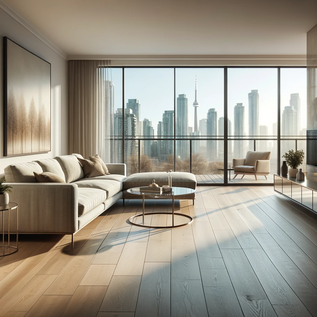
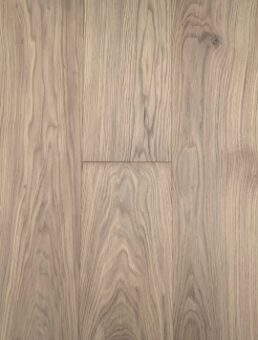
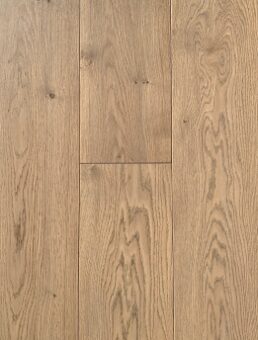
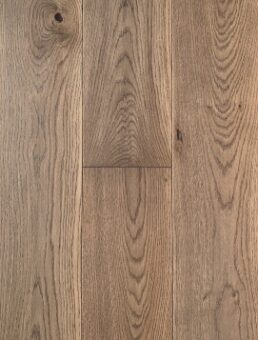
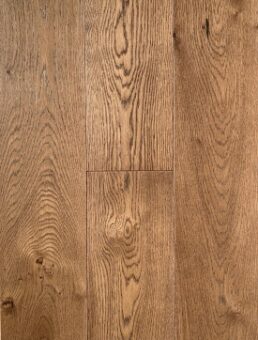
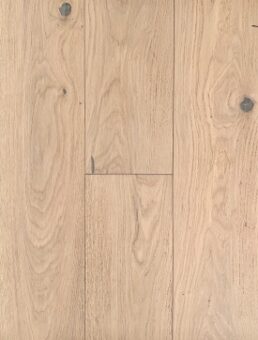
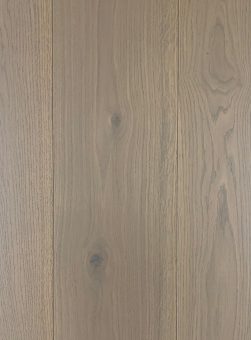
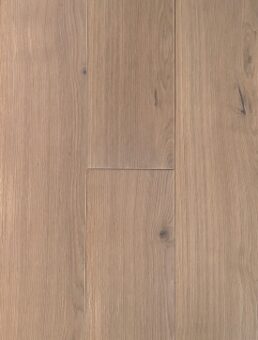
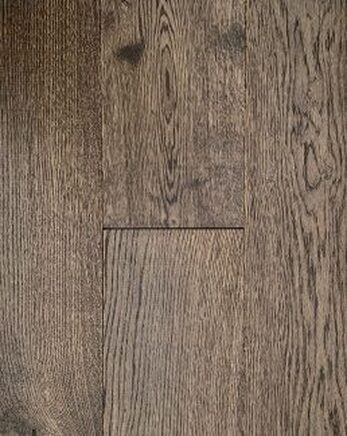
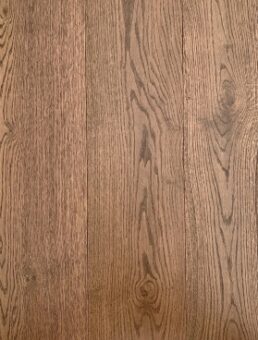
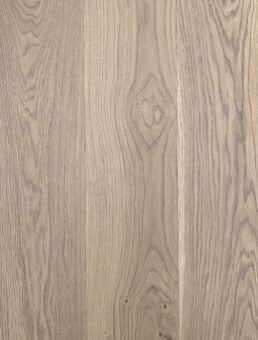
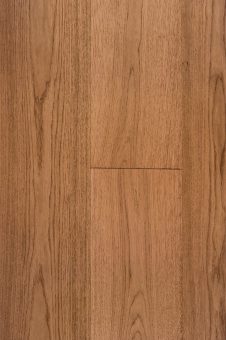
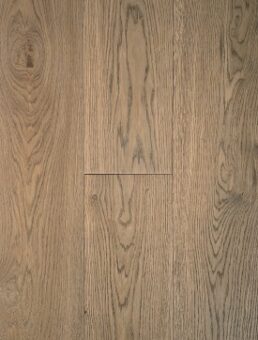
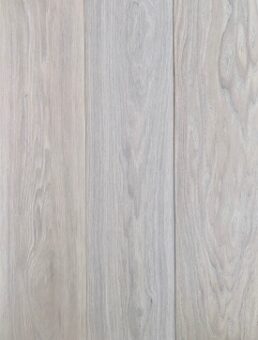
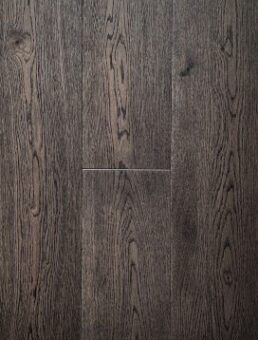
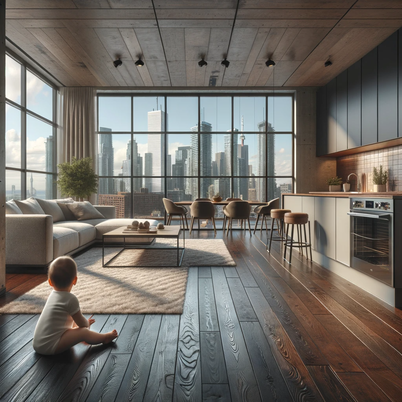
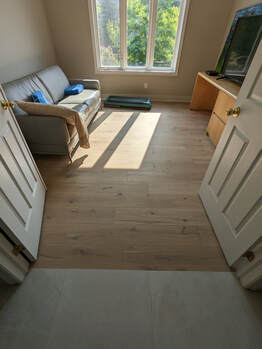
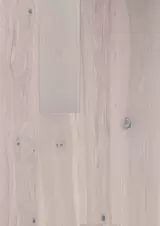
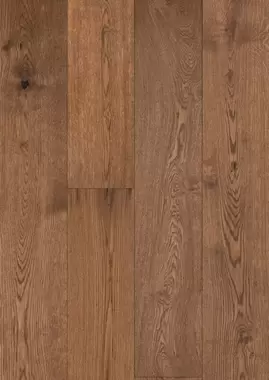
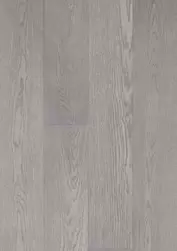
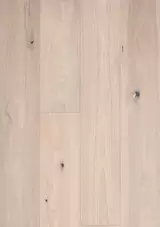
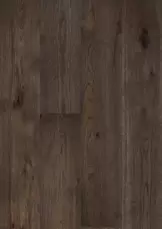
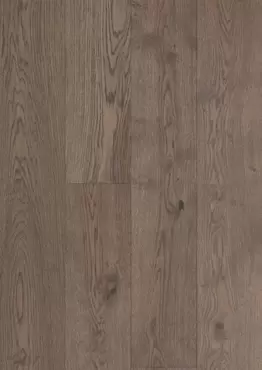
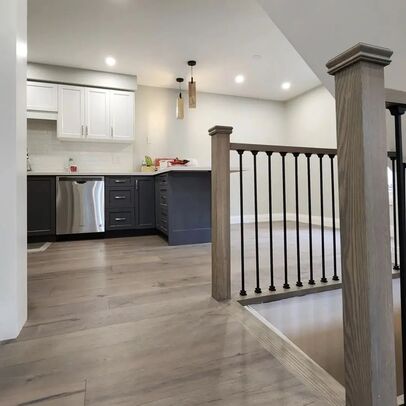
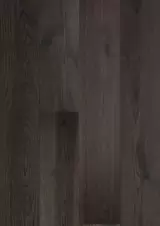
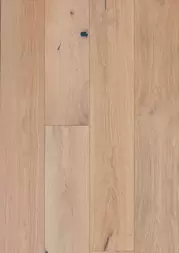
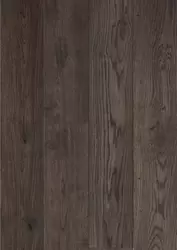
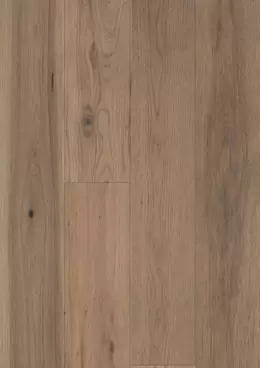
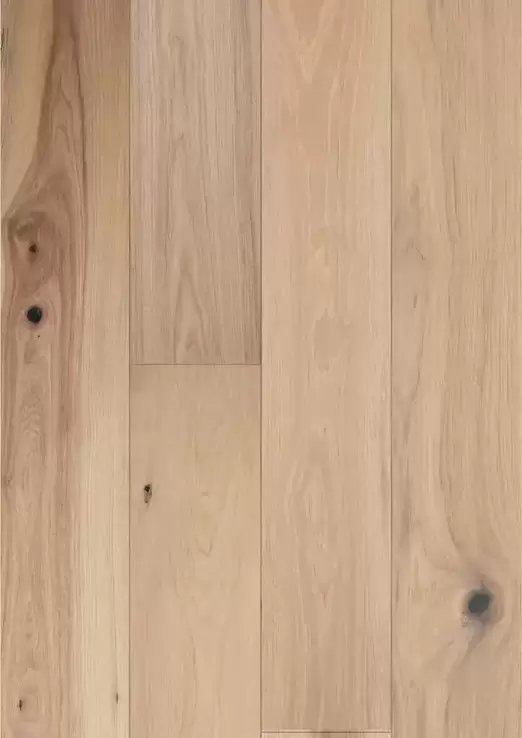
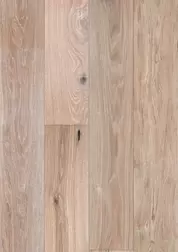
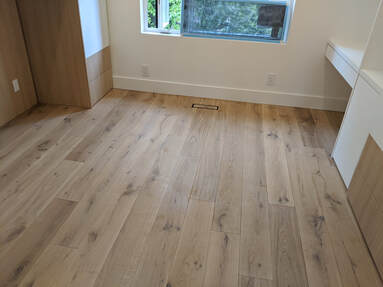

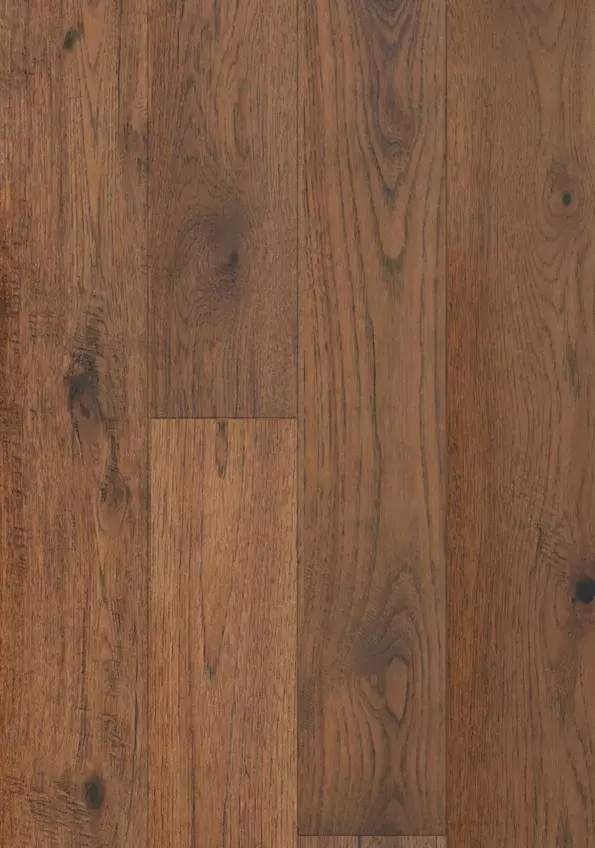

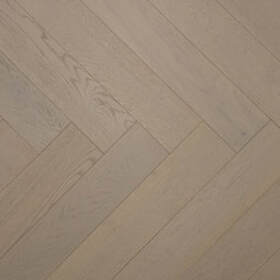
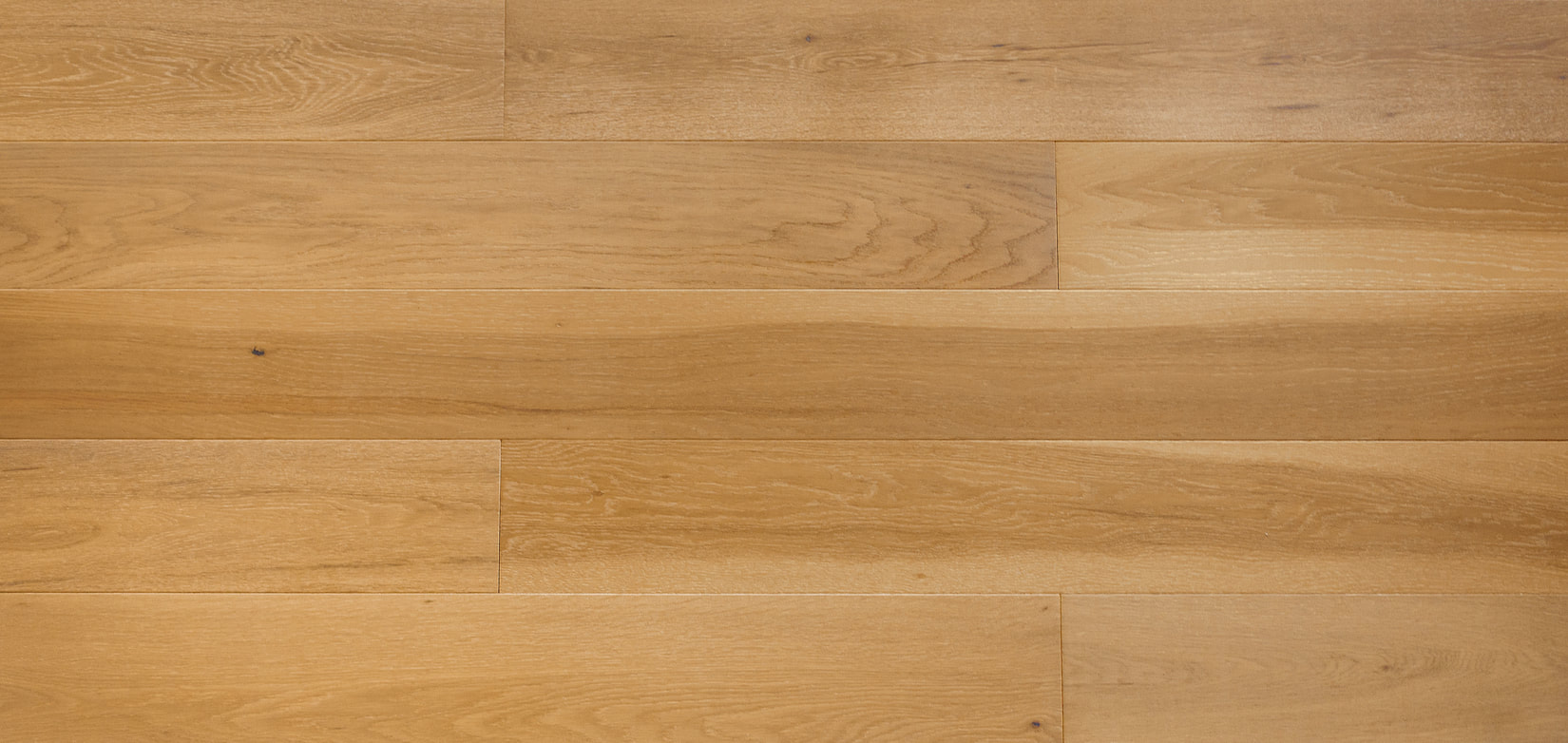
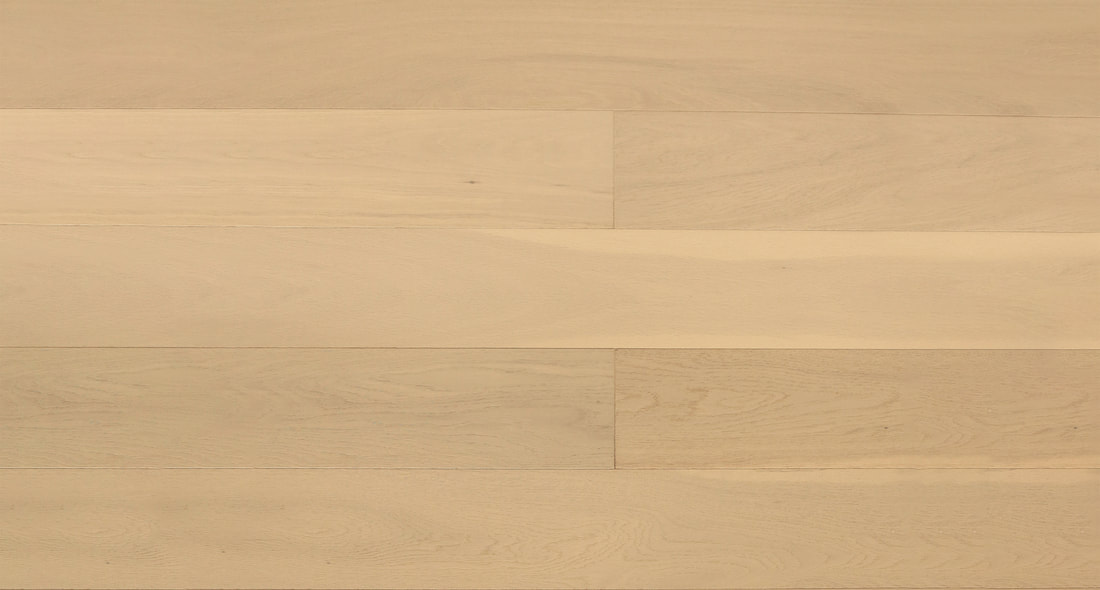
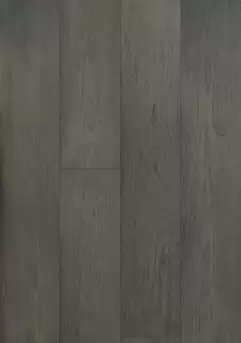
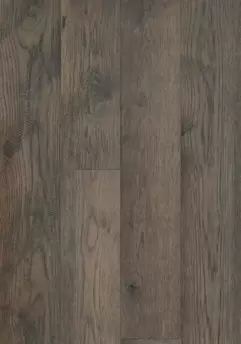
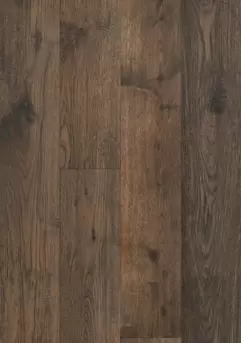

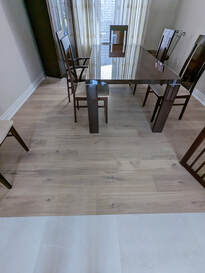
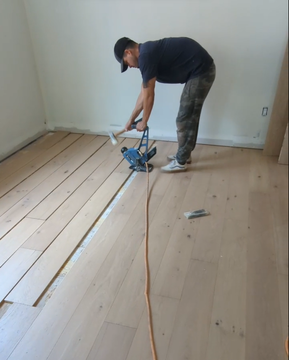
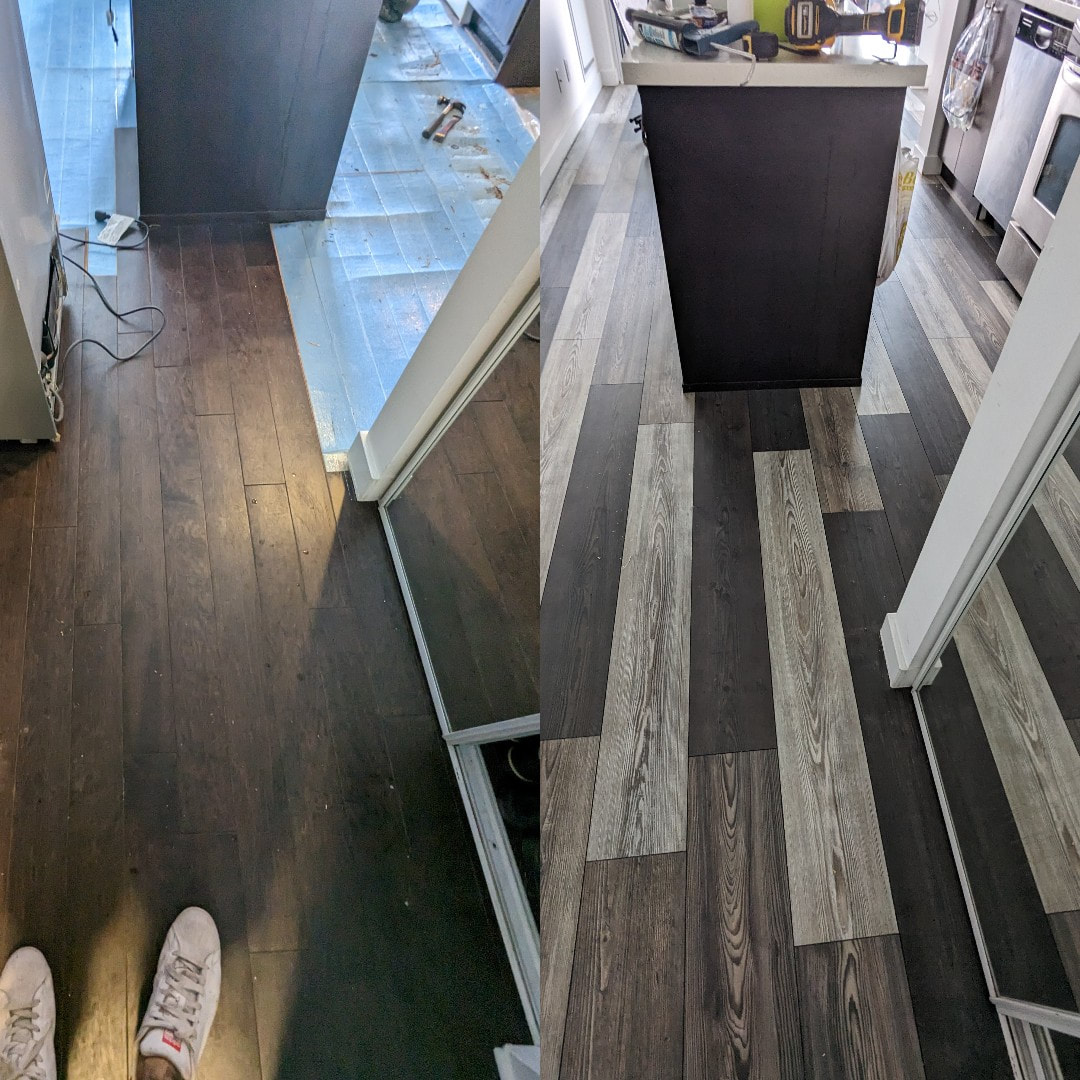
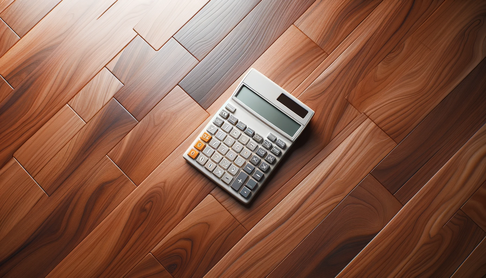
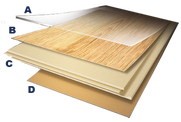
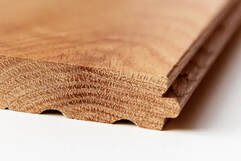
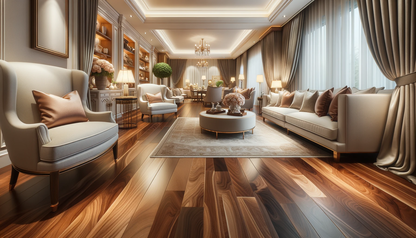
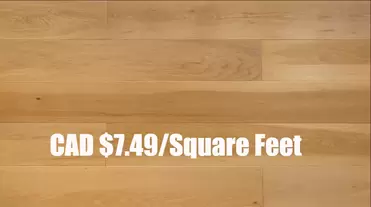
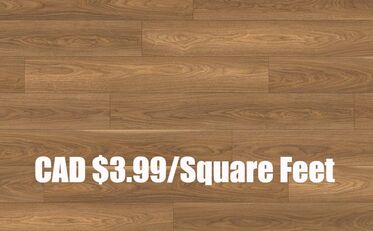
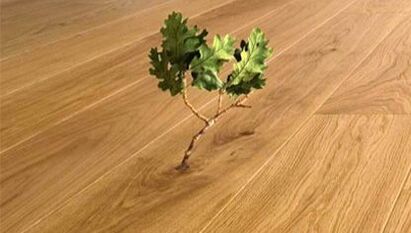
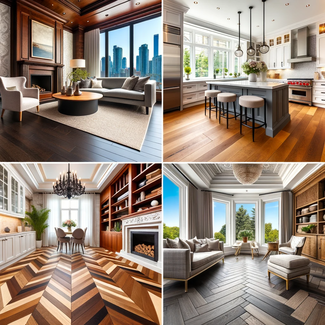
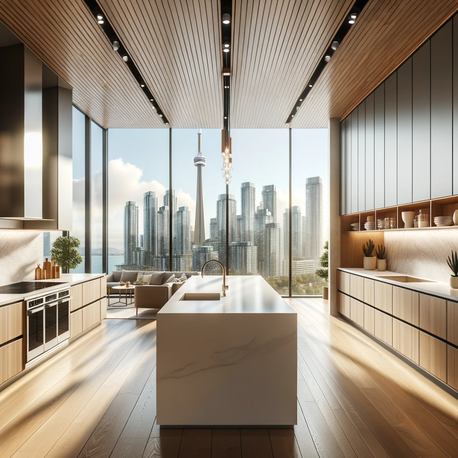
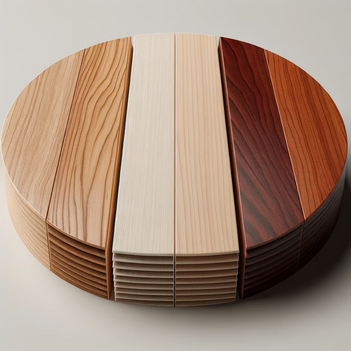
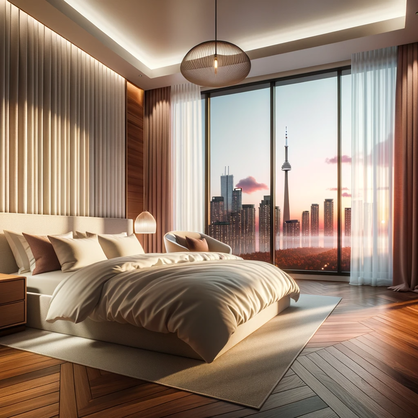
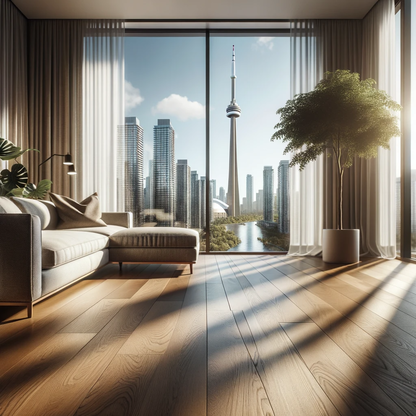
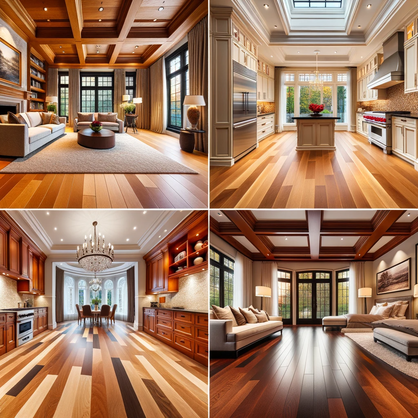
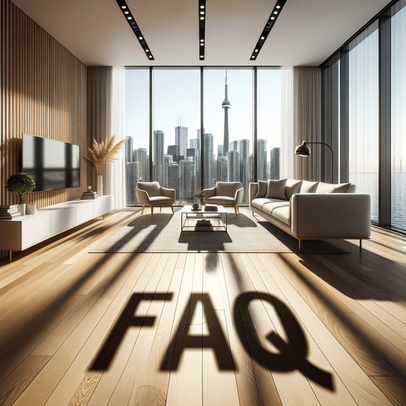
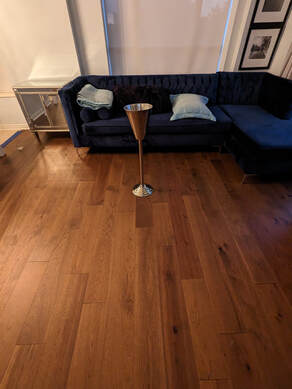
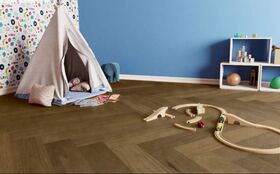
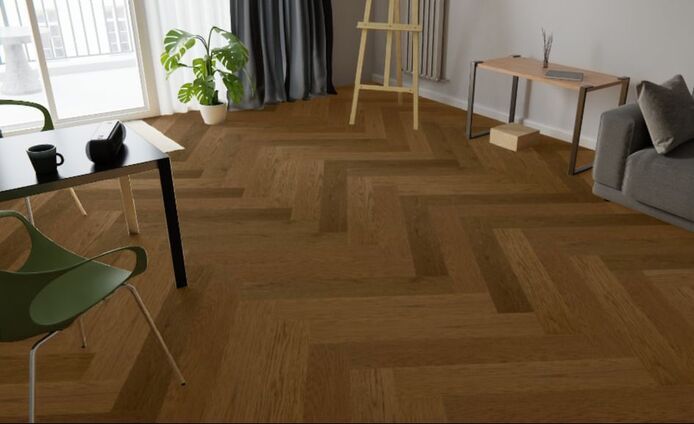
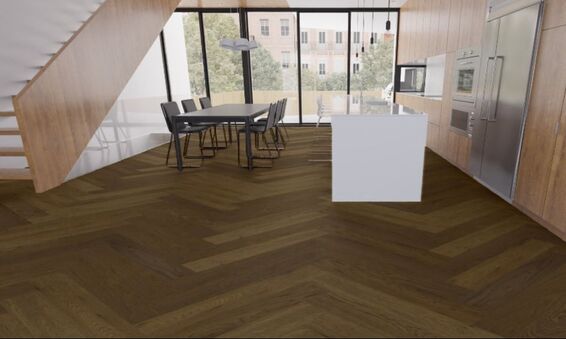
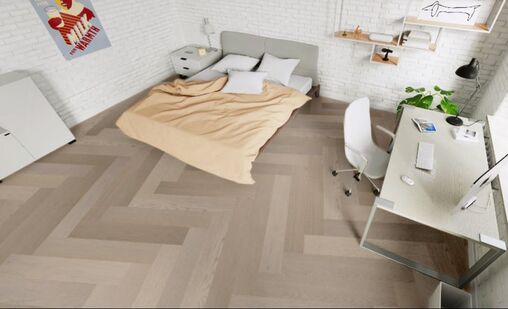
 RSS Feed
RSS Feed

